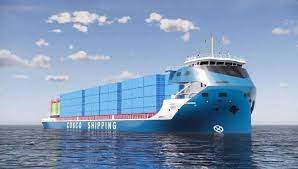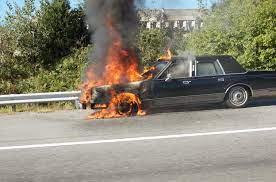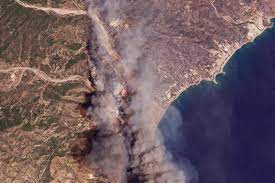Despite all our promises, Rishi Sunak (the UK prime minister) has vowed to max out the UK fossil fuels reserves.
Now there are several stupid issues with this position.
- We are an island nation – the melting of the ice caps will hit us hard, so reneging on our commitments is likely to hit us harder than most
- He has at other times suggested that we can be leaders in the green transition – well not now (and there is far more money in the future than there is in oil in the north sea)
- 50% of carbon emissions come from road transport. It is likely that the vast majority of this will be electrified in the next couple of decades, which means that the world will need less oil by the time these fields start coming on like
- He suggests that this is to allow us to drill our own oil and keep emissions down, yet our extraction emissions are actually far higher than much of the world.
- He also suggested that by drilling our own oil it would bring down prices, yet only around 20% of this oil comes to the UK, and all of it is traded at the current world price so this will not relieve prices for home owners one bit.
He has also suggested that in some way, the war in Ukraine is what has required this move – only 4% of our oil came from Russia. As to Ukraine, while we may have imported some grain, we do not import any oil from there.
More insanely, Rishi Sunak suggested that this was an essential plank of our move to net zero. Unfortunately, he argues that it is cleaner because it causes less emissions to drill near the UK. This would be slightly true if our oil could be extracted with similar emissions to elsewhere, however, we cant. Once the oil is put in huge tankers, the carbon footprint per litre is so small it does not overcome the extra emissions for extraction.
There are some fears that this is signalling a swing right in politics after the loss of Boris Johnsons seat in the byelection that his resignation caused.
He has argued that this will help our move to net zero, but many Tory MP fear that this will simply lead to them loosing their seat at the next election. I think that this will lead to many problems, and shows that he really is not up to being PM at a time like this. It shows a lack of understanding of what the country needs – even suggesting that this will keep gas prices down in the 2050s is foolish – between now and then, every boiler in the country will fail, and should be replaced with a heat pump, which then wont need the oil or gas anyway.
He did pair this announcement with 2 more carbon usage and storage centres. However, it is thought that the new oil fields that he has announced will give roughly 500 million barrels of oil (about 80 billion litres). Put differently, the carbon dioxide released from a barrel of oil during its use, is roughly 426kg of carbon dioxide (for reference one litre of petrol used in your car emits around 2.3 kg of carbon dioxide directly, though these emissions would likely double if you include extraction refinement and transport of the petrol before it enters your car) which means that the carbon dioxide released by these licences is likely to be around 213000 mega (million) tonnes of carbon dioxide. For reference, our current emissions as a country is about 313 megatonnes a year, so this is huge.
This is not a positive step for the people of the UK, so I am not sure what he is doing it for – the oil and gas companies? While I recognize his reason is that he wants to make sure the UK has enough oil and gas to be fuel independent, if the transition is successful, much of this oil will have to end up as stranded assets, and it seems reasonable for oil and gas companies to demand their money back with large interest, when the government is forced to change its mind.





